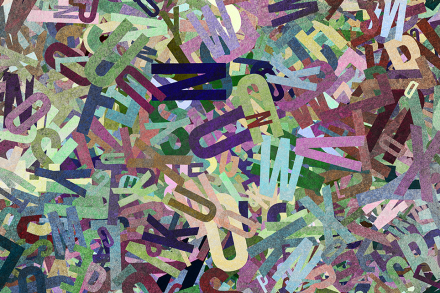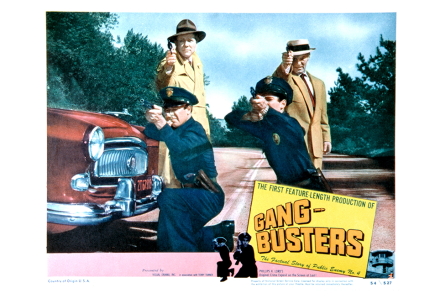Rachel Reeves, Becky Sharp and the ‘black hole’
Becky Sharp, you’ll remember, near the beginning of Vanity Fair, throws the school gift of a Johnson’s Dictionary out of the window of the coach. She responds to Amelia Sedley’s horror by saying with a laugh: ‘Do you think Miss Pinkerton will come out and order me back to the black-hole?’ This is not the £22 billion black hole that Rachel Reeves, the Chancellor, teases us with. I’m surprised she has persevered with it, especially as it employed black pejoratively. As I mentioned last year, UK Finance, a banking trade body, declared that black market should be replaced with illegal market lest it suggest racial bias. Black hole, in Becky




















